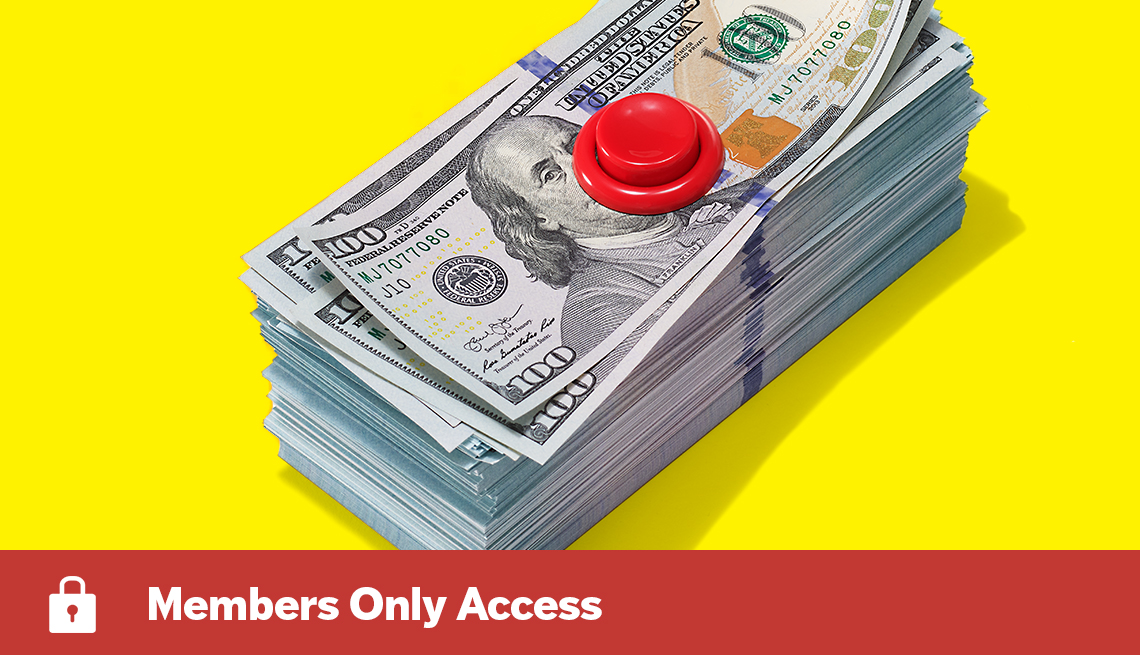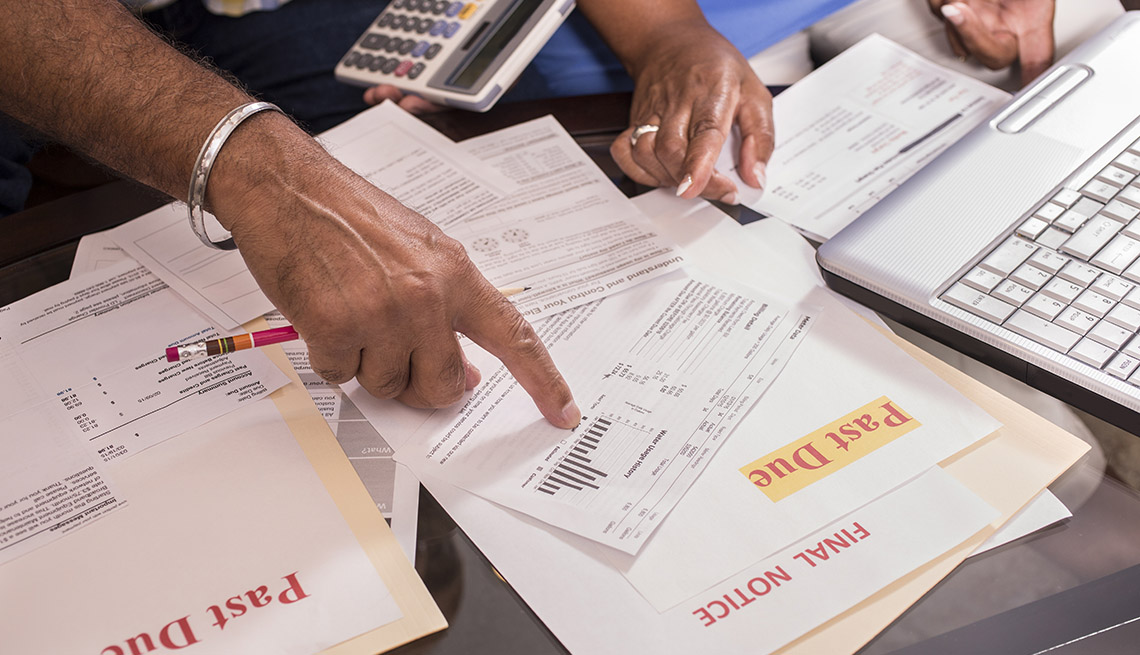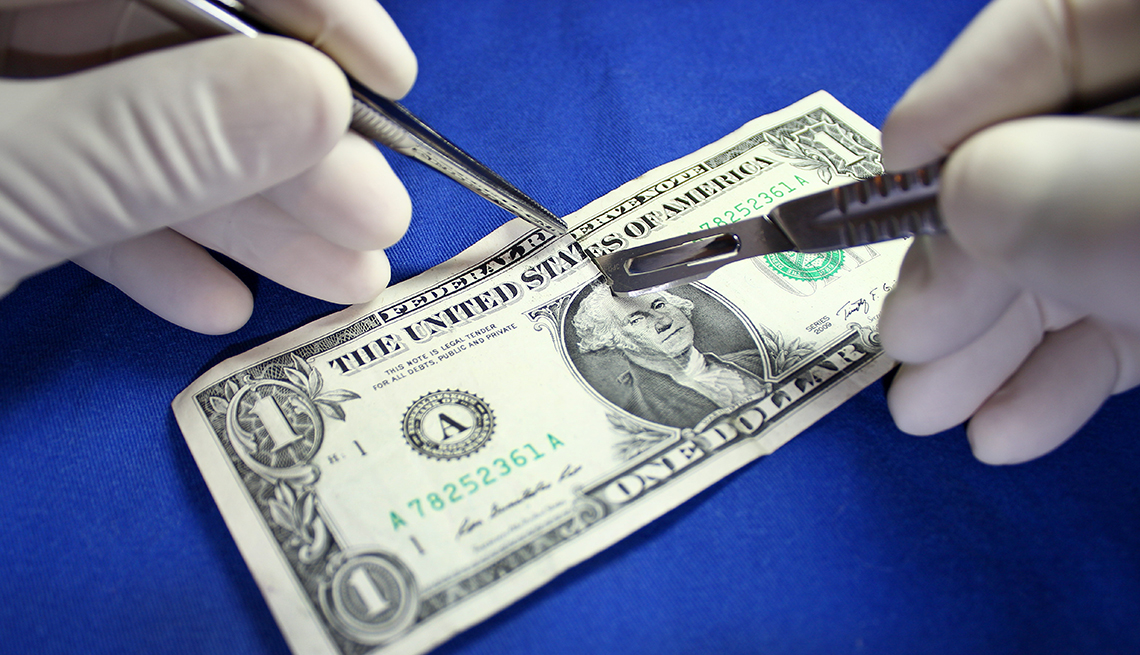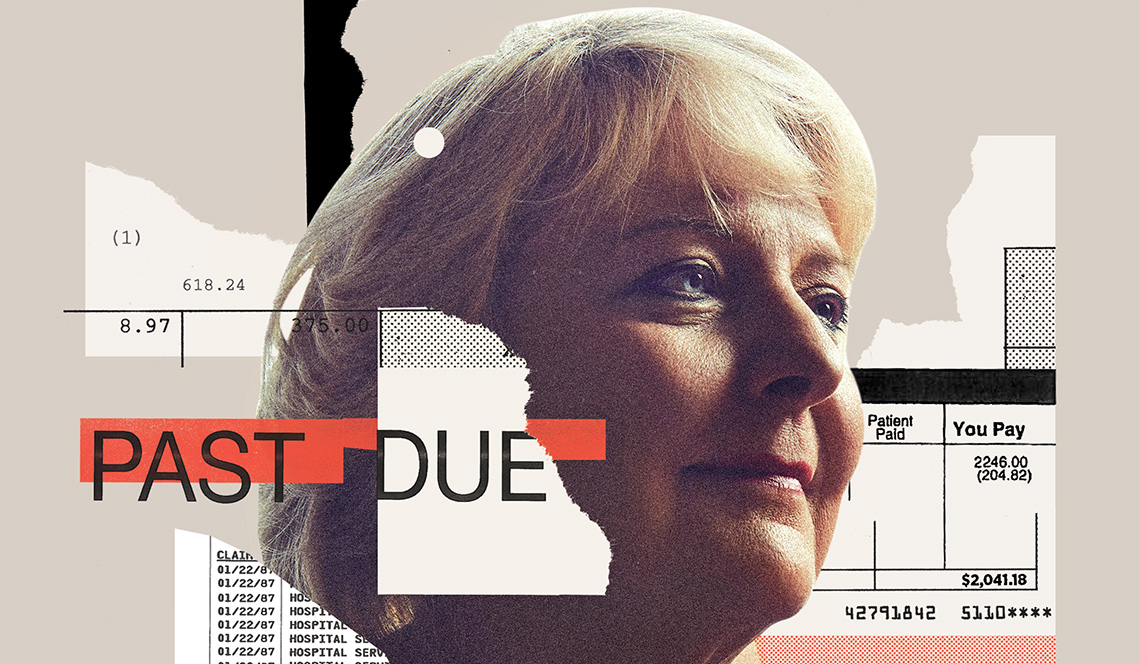Can You Get Student Loan Forgiveness for a Disability?
The government is removing some barriers for forgiveness
Supporting Mom and Dad Nearly Ruined Me
Parental debt can damage finances and relationships
How to Tell if Your Spouse Lies About Money
Warning signs and what you can do
Calculate Benefits of Debt Consolidation
Use our calculator to see if it is right for you
Consumer Credit
What You to Need to Know To Thrive In Today’s Economy
Adjust spending and saving for a more secure future
Mortgages
Free Webinar Series
Reduce Debt
Tips and Resources to Help Reduce Your Debt
Experts will help you get on the path to reducing your debt and feeling more financially secure!
Watch on-demand anytime
Attend for freeMedical Debt
Fighting Cancer Takes a Toll on You — and Your Checkbook
How a money manager can improve survival rates
Financial Assistance for Caregiving Is Not Easy to Get — but It's Possible
Tapping assets like your house is an option, but proceed with care










